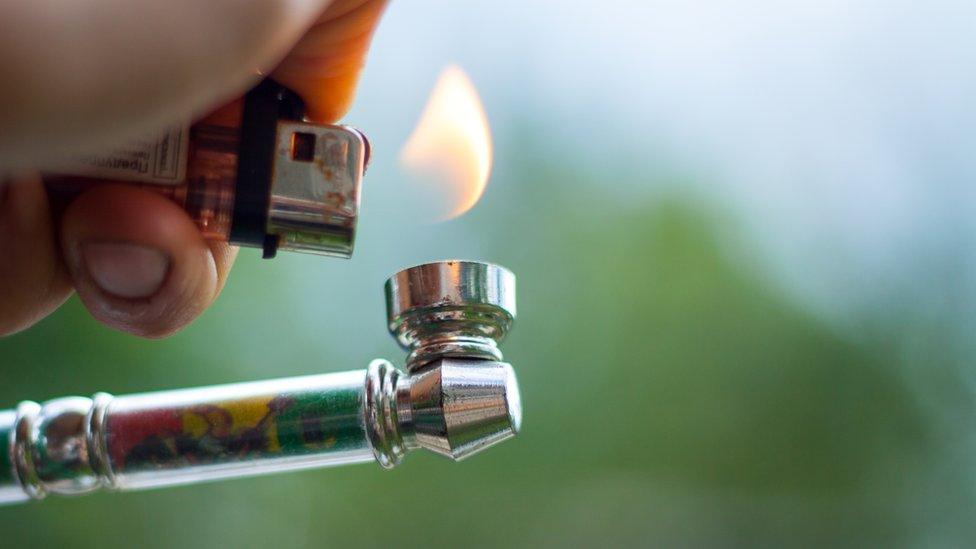Neil Young says US citizenship 'delayed over marijuana'
- Published
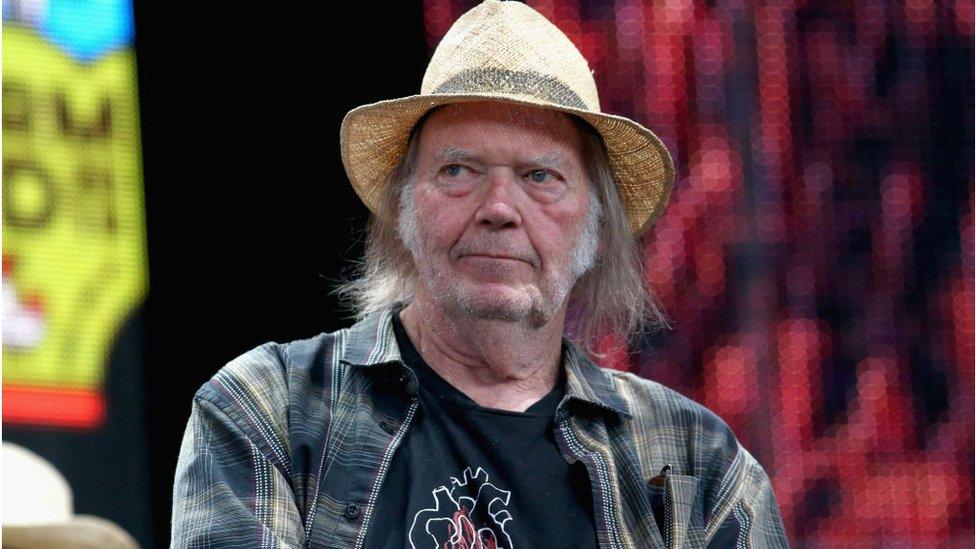
Canadian rocker Neil Young hopes to become a dual citizen
Canadian-born rock star Neil Young has said his application for US citizenship has been delayed partly because he smokes marijuana.
Young says he passed the citizenship test but was told he had to take another to prove "moral character".
In April, the US government clarified that using marijuana and other drugs was a "bar to establishing good moral character for naturalisation".
Young, who turns 74 this week, has lived in the US since the mid-1960s.
In a post on his website, external, Young described passing the citizenship test after "a conversation where I was asked many questions" that he "answered truthfully".
"I want to be a dual citizen and vote," he said. "Recently however, I have been told I must do another test, due to my use of marijuana."
On 19 April, the US Department of Homeland Security issued a policy alert, external clarifying that "violation of federal controlled substance law, including for marijuana, remains a conditional bar to establishing good moral character for naturalisation even where that conduct would not be an offence under state law".
California, where Young lives, legalised cannabis for recreational use in 2018.
"I sincerely hope I have exhibited good moral character and will be able to vote my conscience on Donald J Trump and his fellow American candidates," he said in his post.
President Donald Trump has used Young's 1989 hit Rockin' in the Free World at campaign events, though Young has been critical of the president.
In 2014, Mr Trump called Young one of his favourite musicians.
Allow Instagram content?
This article contains content provided by Instagram. We ask for your permission before anything is loaded, as they may be using cookies and other technologies. You may want to read Meta’s Instagram cookie policy, external and privacy policy, external before accepting. To view this content choose ‘accept and continue’.

But Young has said on his website that the president does not have his permission to play the song.
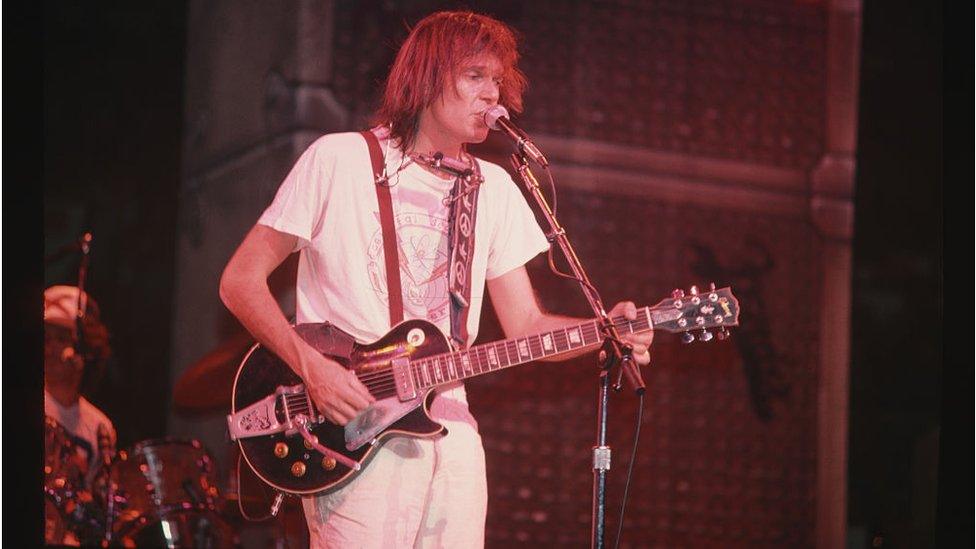
Young, seen here in 1982, has lived in the US most of his life
"Legally, he has the right to, however it goes against my wishes," Young wrote last year, external, adding that he had asked Mr Trump to stop using his music after it was used in his candidacy announcement.
"However, he chose not to listen to my request, just as he chooses not to listen to the many American voices who ask him to stop his constant lies."
Other artists have also spoken out against Mr Trump's use of their music through license loopholes, including Aerosmith's Steven Tyler, Rihanna, and Axl Rose of Guns N' Roses.
Allow X content?
This article contains content provided by X. We ask for your permission before anything is loaded, as they may be using cookies and other technologies. You may want to read X’s cookie policy, external and privacy policy, external before accepting. To view this content choose ‘accept and continue’.

Allow X content?
This article contains content provided by X. We ask for your permission before anything is loaded, as they may be using cookies and other technologies. You may want to read X’s cookie policy, external and privacy policy, external before accepting. To view this content choose ‘accept and continue’.

- Published15 June 2016
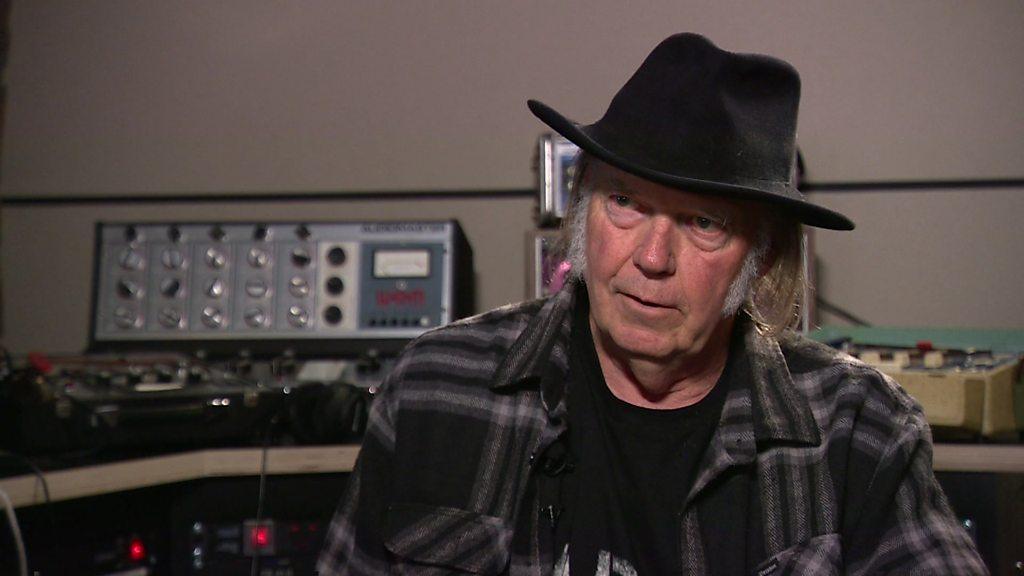
- Published30 October 2018
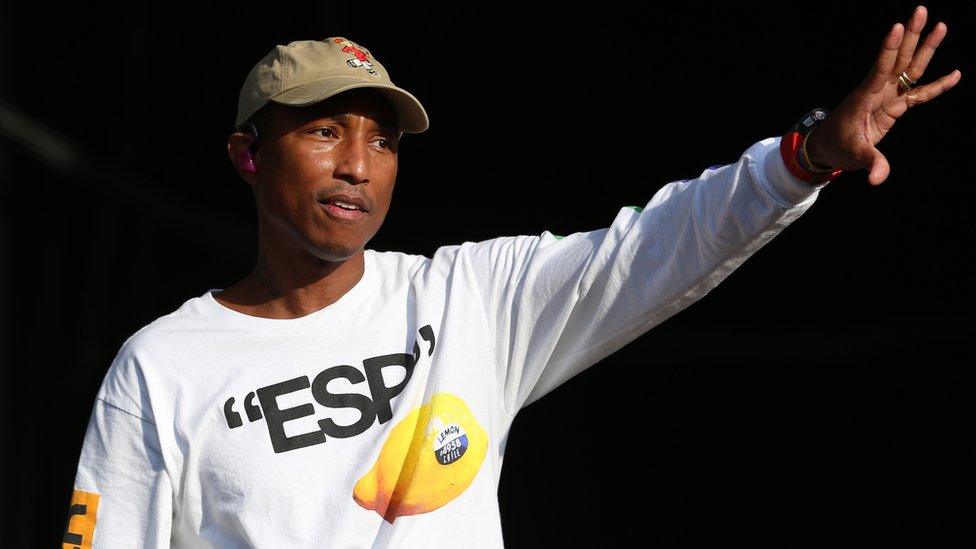
- Published28 June 2018
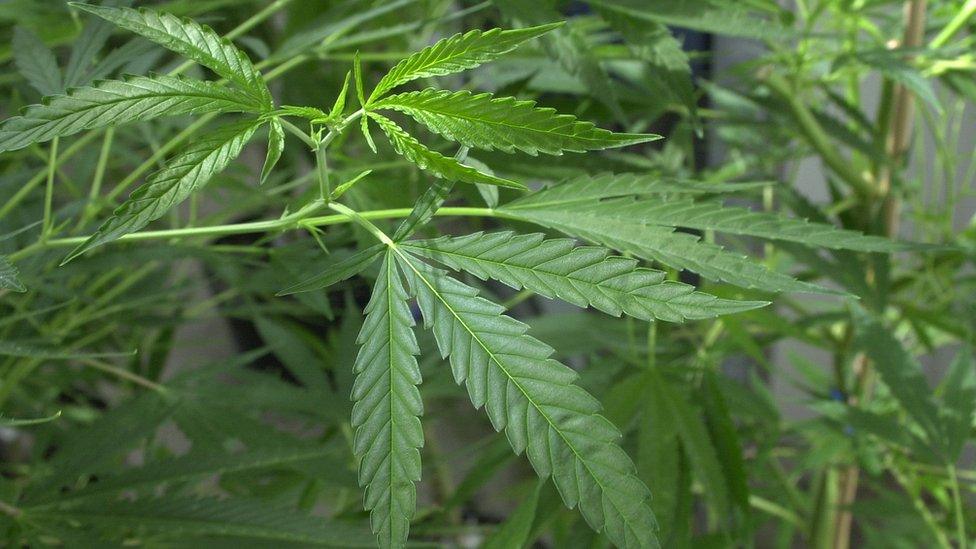
- Published9 July 2019
